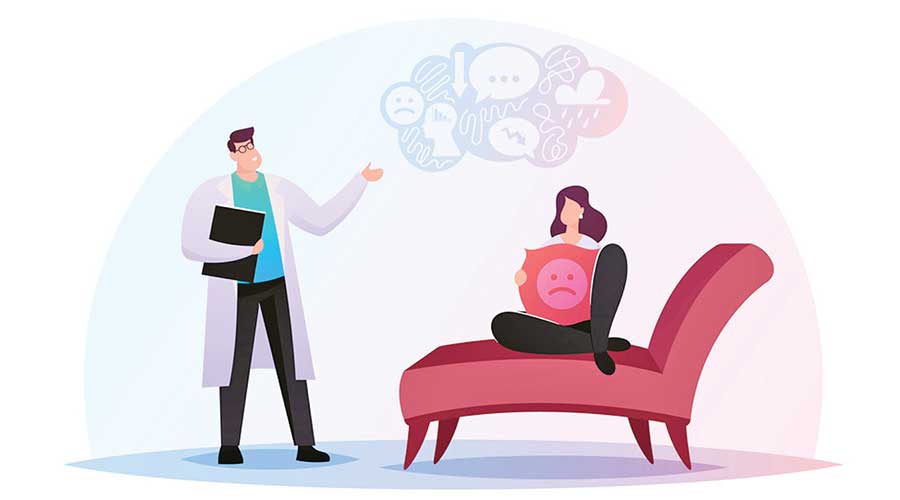ASK A PHYSICAL THERAPIST
- 20 Apr - 26 Apr, 2024

First, as a proportion of our total experience, our memories correspond to an extremely small slice of our past. To warrant being remembered, our experiences typically have to have had a strong emotional component, or at least involved something unusual. Second, personal or autobiographical memories are not stored as video recordings – faithful portrayals of what happened. In fact, personal memories are continually re-made, sharpened, and focused with each instance of recall and description. So, by the time we are adults, our memories of childhood are actually memories of what we have recalled and described, rather than memories frozen in time, simply reflecting what happened. It can be frustrating to realise that you have very few childhood memories, but that frustration results from a (perhaps unrealistic) expectation as to what you should be able to remember. Just because other people claim to have many more memories, and often vivid ones, it is easy to assume that those memories were formed at the time of the events, and are accurate. Memory researchers know that both assumptions are liable to be wrong.
What you are describing affects many people, some more significantly than others. In fact, it’s common enough that mental health professionals have a name for it: Social Anxiety Disorder, or Social Phobia. From what you’ve described, it sounds like a course of cognitive-behavioural therapy may be a good fit for you. Cognitive-behavioural therapy can help you explore situations, such as teachers “yelling” or “talking in a stern voice” and the thoughts and meanings that you associate with those experiences. A qualified mental health professional can also help you with relaxation strategies.
COMMENTS